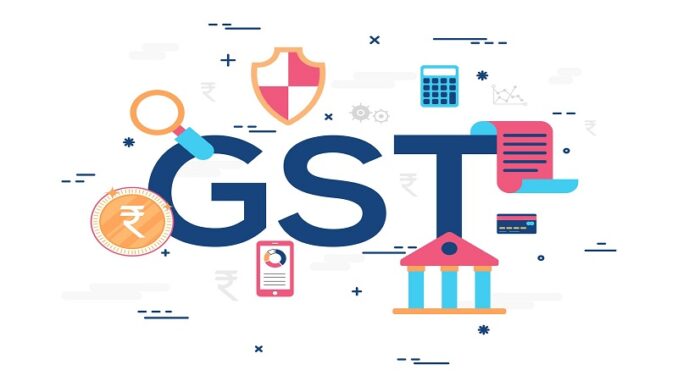
The Goods and Services Tax (GST) is a critical component of Singapore’s tax system, affecting many enterprises and transactions. Understanding GST and maintaining compliance is crucial for businesses to run efficiently and avoid penalties. This article provides a detailed introduction to GST in Singapore, emphasising significant components and the importance of GST registration services in navigating this critical tax requirement.
What is GST?
GST is a consumption tax applied on products and services at all supply chain stages. It is intended to be a transparent fee that the end user eventually pays. Singapore’s GST rate is now set at 8%, with plans to increase to 9% in the near future. The tax covers many goods and services, including imports and domestic supplies. Understanding the extent of GST and how it affects your business is the first step towards effective compliance.
Who Needs to Register for GST?
GST registration is required for enterprises with more than SGD 1 million in annual taxable revenue. This level applies to both local and foreign sales, while certain exempt suppliers are excluded. Businesses that fall below this criteria may opt to register voluntarily. Voluntary registration can provide benefits such as collecting input tax credits on business expenses, but it also entails continuing compliance obligations. Consulting with GST registration services will help you determine whether your business has to register and what the implications are.
GST Registration Process
GST registration in Singapore consists of multiple phases. Initially, businesses must assess their eligibility based on turnover and the nature of their supplies. Once they become eligible, businesses must submit their application to the Inland Revenue Authority of Singapore (IRAS). The application involves extensive business information, such as financial records and the type of taxable supplies. Using GST registration services can make this process easier by ensuring that all essential information is submitted precisely and that the application is finished quickly.
Compliance with GST
Once registered, businesses must follow several compliance criteria. These include generating tax invoices, keeping detailed records of transactions, and filing GST reports regularly. GST returns must be submitted quarterly or annually, depending on the size of the business and its turnover. Accurate record-keeping is required to calculate GST liabilities and collect input tax credits. GST registration services frequently offer continuing assistance to help firms manage these compliance needs effectively.
Benefits of GST Registration
Registering for GST has various advantages. One main advantage is the possibility of claiming input tax credits for GST paid on business-related expenses. This can result in significant cost reductions and improved cash flow. GST registration also boosts a business’s credibility because it displays compliance with tax regulations. It can also provide a competitive advantage, especially in industries where customers anticipate GST-registered providers.
Common Challenges and Ways to Overcome Them
Navigating GST regulations can be difficult, especially for new firms to the system. Understanding the complexities of GST applications, managing compliance obligations, and dealing with audits are all common issues. Businesses should obtain professional guidance and support from GST registration services to address these issues. These professionals can provide valuable insights into GST regulations, aid in compliance, and handle emerging concerns.
Conclusion
GST is a critical component of Singapore’s tax system, with far-reaching ramifications for enterprises of all kinds. Understanding the foundations of GST, including the registration procedure and continuing compliance obligations, is critical for successful business operations. Engaging GST registration services can give experienced assistance and support, ensuring that your business correctly navigates GST regulations and remains compliant. Companies can focus on expansion and success while complying with tax laws by utilising professional services.

Leave a Reply
You must be logged in to post a comment.